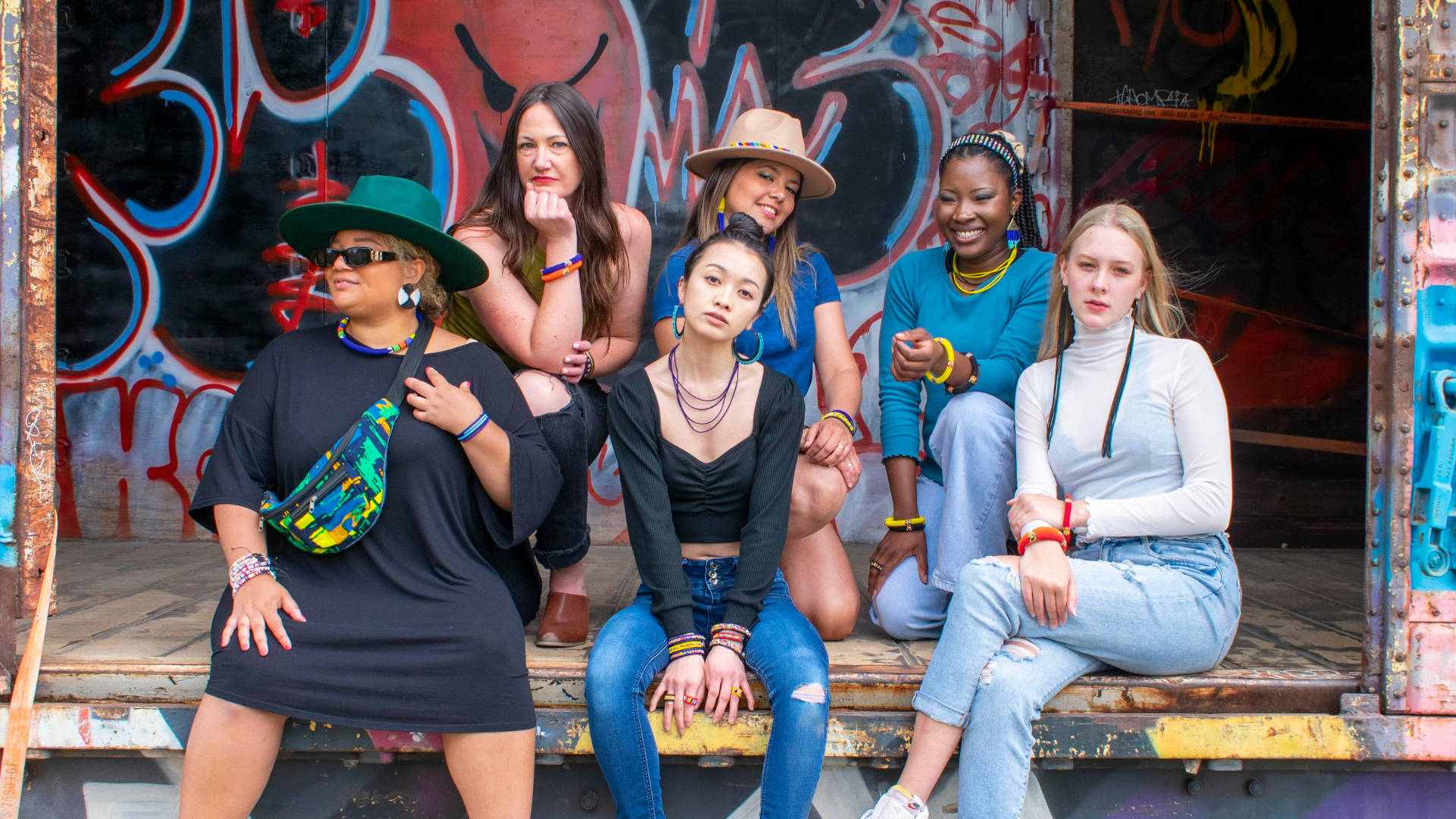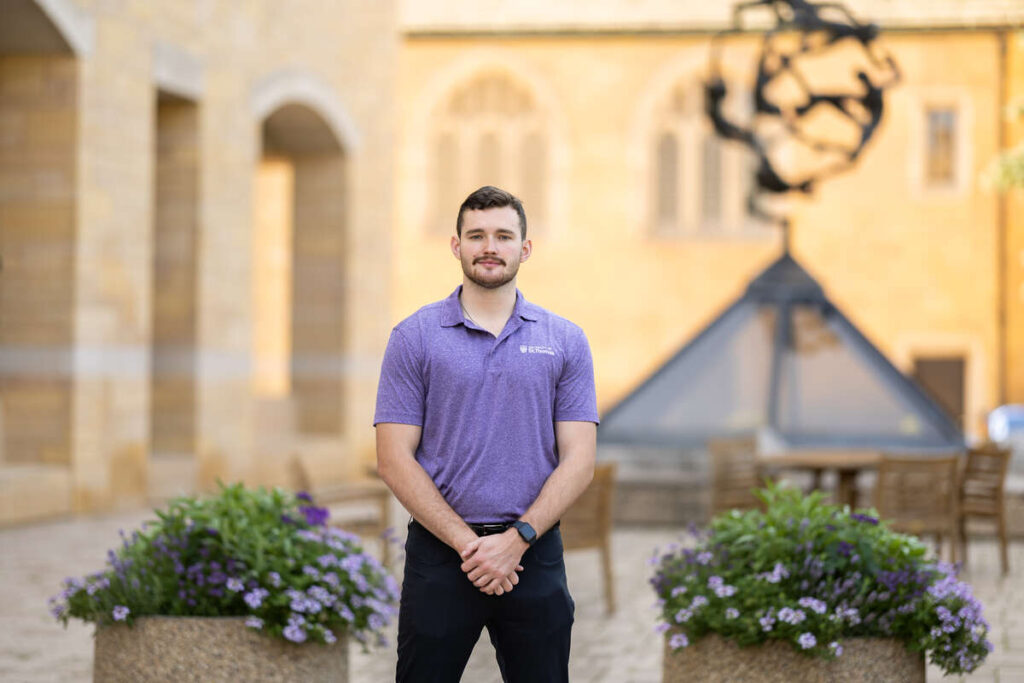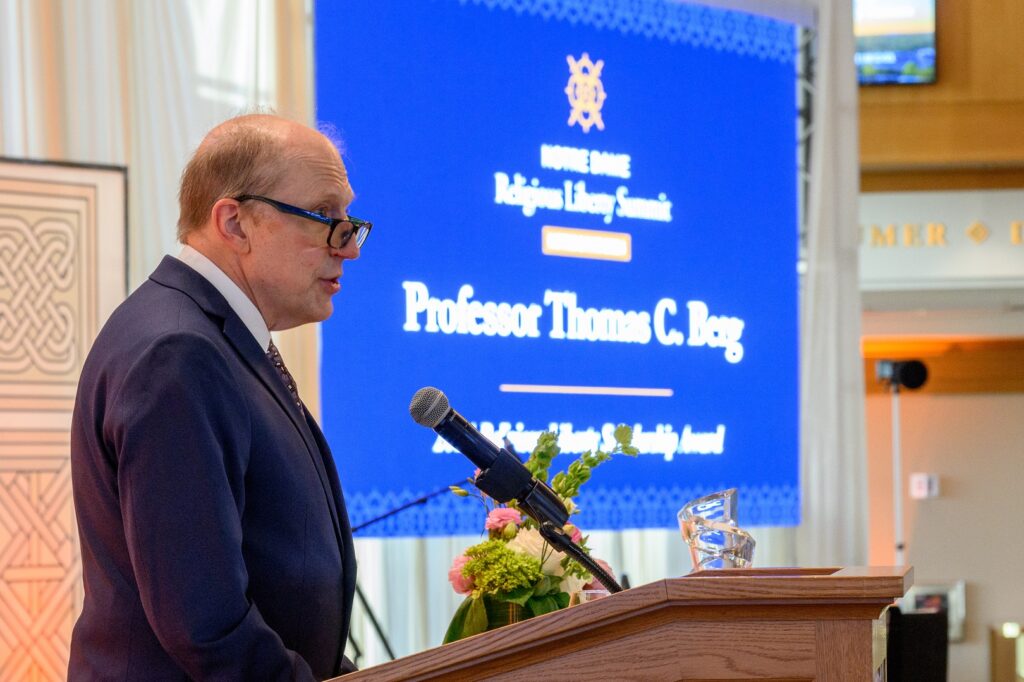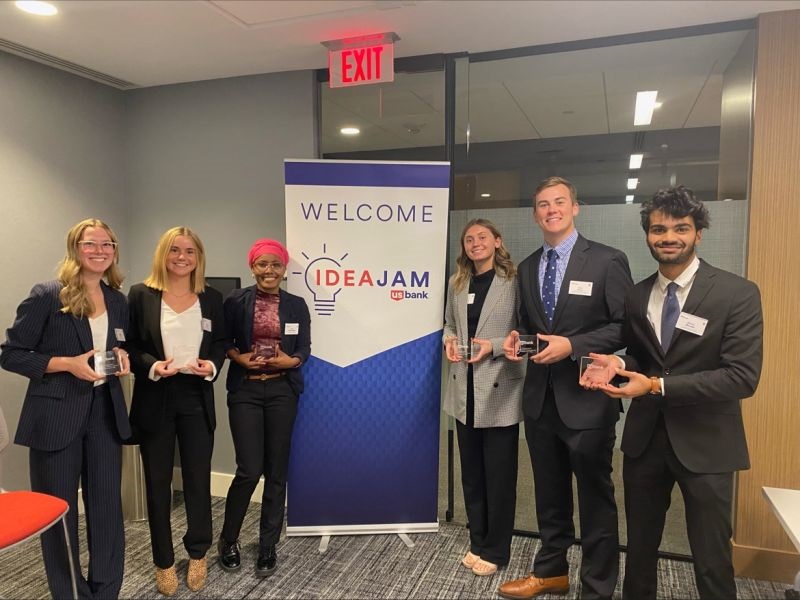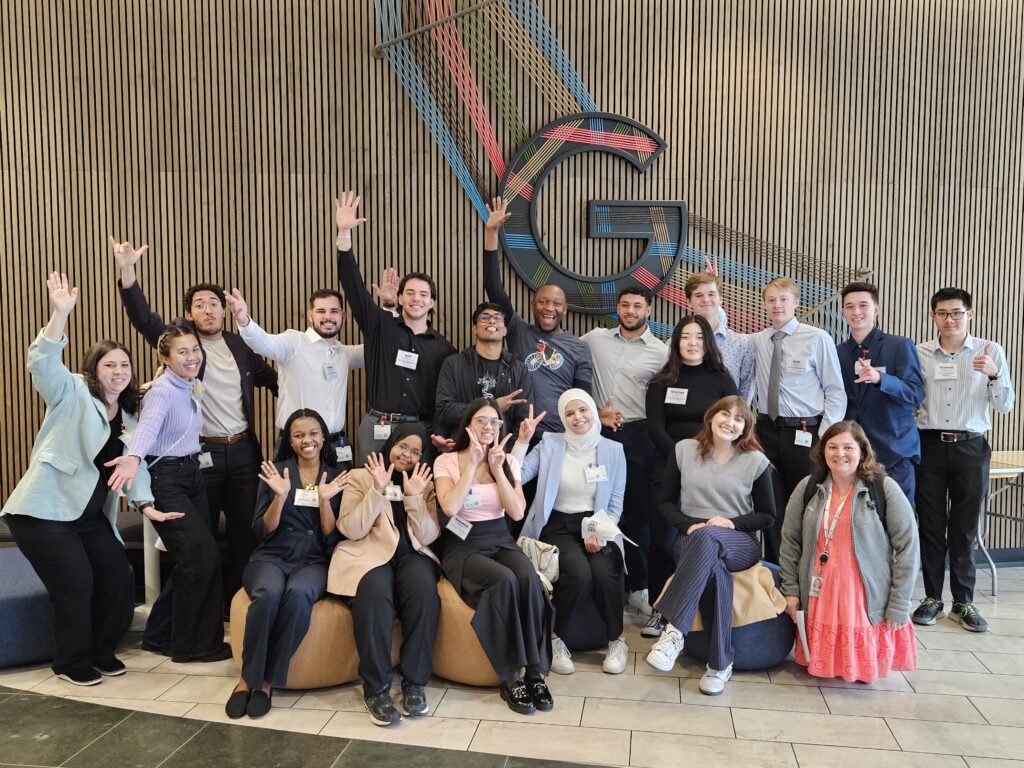The journey to Nashipai (the Maasai word for “ever happy”), a bold, socially conscious jewelry line, began on a trip to Kenya when founder Jenny Behrens ’23 MBA formed a strong bond with a group of women entrepreneurs. She was living in a rural village on the border of Tanzania while helping to build a new health clinic. After just a few days, Behrens realized just how special the women in the Maasai community were.
It was in Kenya where she learned about the challenges hindering women’s entrepreneurship in rural areas. The Maasai are natural entrepreneurs and want to sell their jewelry, but there's no access to a market from their village. The lack of road infrastructure and outside tourism isn’t feasible or realistic for them to sell their goods. Nairobi, the largest city in Kenya, is at least four and a half hours away.
At the farewell party, the Maasai women asked Behrens if she would support them in selling their jewelry abroad. Without hesitation, she said yes, and the seed for Nashipai was planted.
Support from the Schulze School of Entrepreneurship
When she returned to Minnesota, Behrens entered her business idea in the Fowler Business Concept Challenge, an annual competition in which students can win up to $15,000 to develop solutions to social challenges. While she didn’t advance to the finals with Nashipai, her journey was far from over.
“I told myself I’m going to keep going because I made it this far,” Behrens said about what she learned from this experience. “And I’m going to keep using the resources that St. Thomas provides to grow this idea.”
She refined her business strategy with the support of gALPHA at St. Thomas, a free four-week venture creation sprint to help create high-growth start-ups. Behrens went on to place third in the St. Thomas Business Plan Competition for Nashipai, taking home $2,500.
“It was a great experience because I worked with a lot of different people on improving my business plan,” Behrens said. “The money was really essential for me to continue moving forward with Nashipai.”
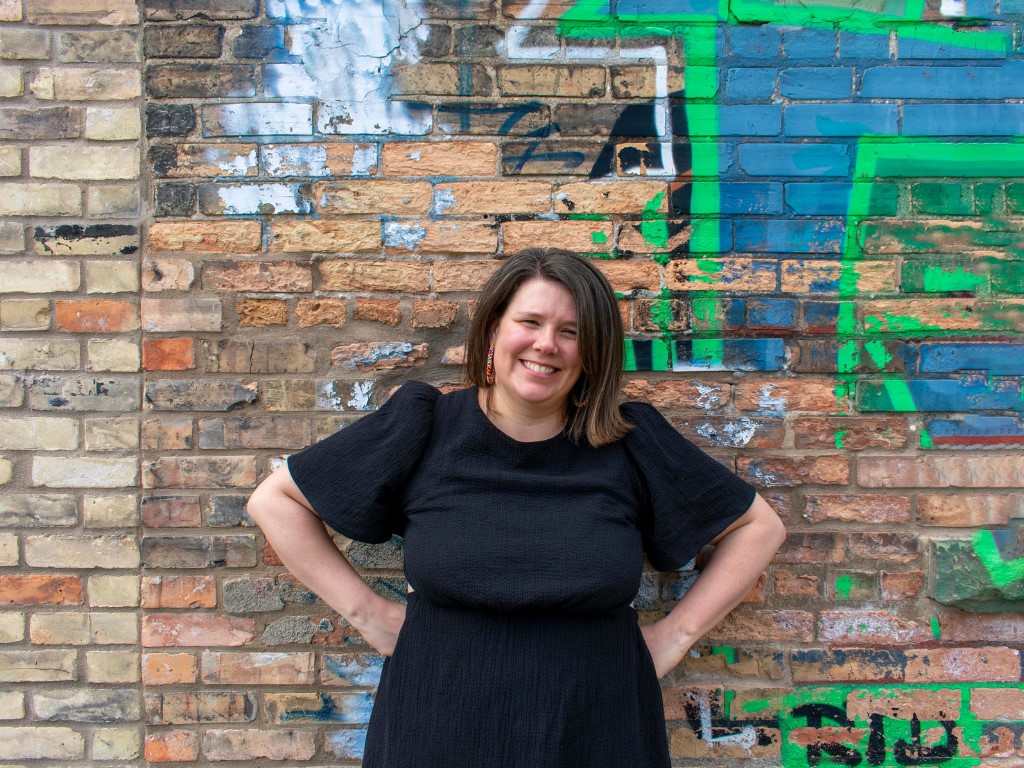
Finding purpose in social impact
That entrepreneurial support and guidance have helped Nashipai grow into a viable business that not only provides socially conscious jewelry but gives back to the artisans through fair wages. For each piece of jewelry that the women make, they earn three to four times the base hourly wage.
“Nashipai is a partnership with the women,” Behrens said. “They’re their own entrepreneurs, and we work together to make our mission of supporting women possible.”
Since its launch in 2020, Nashipai continues to use its business for good. The company’s partnerships have expanded to include working artisans in Nairobi and India and a portion of profits are used to donate reusable menstrual kits made by local sewists in Kenya.
“You take the leap of faith to put an idea out there and hope that customers believe in your ideas as well,” Behrens said about creating social impact. “It’s an exciting thing to be an entrepreneur and keep thinking of new ideas and to continue to find solutions.”
